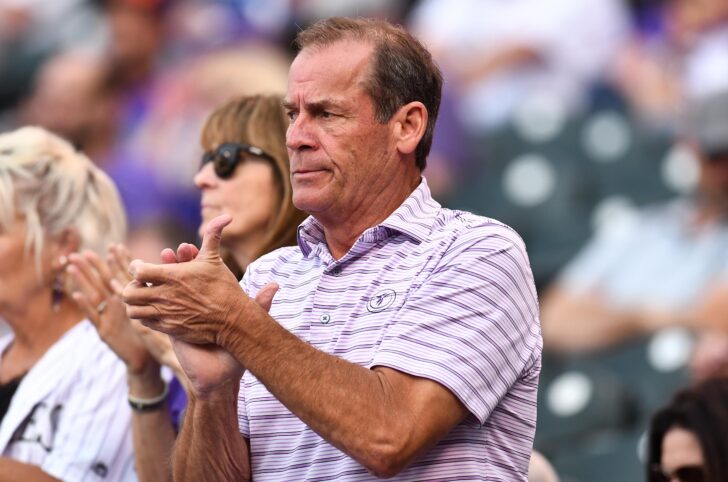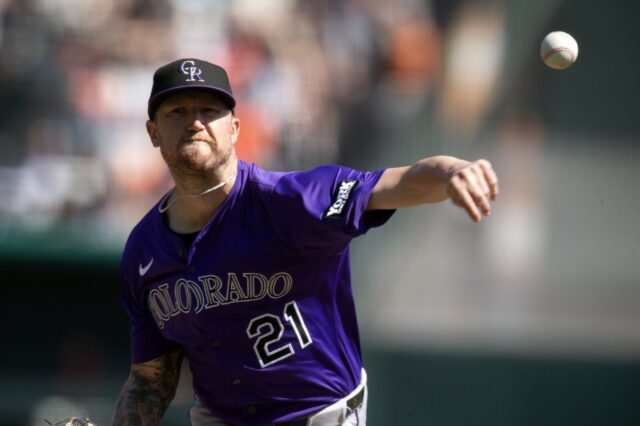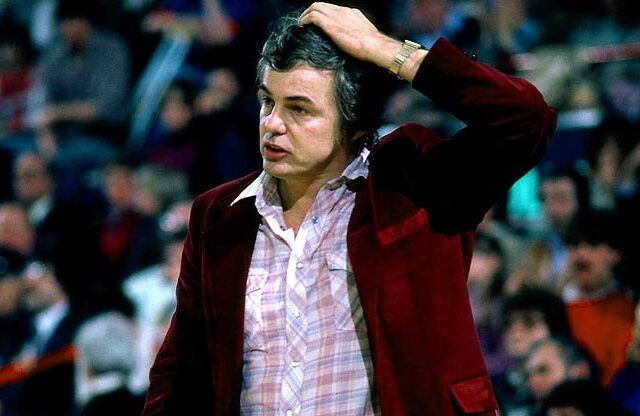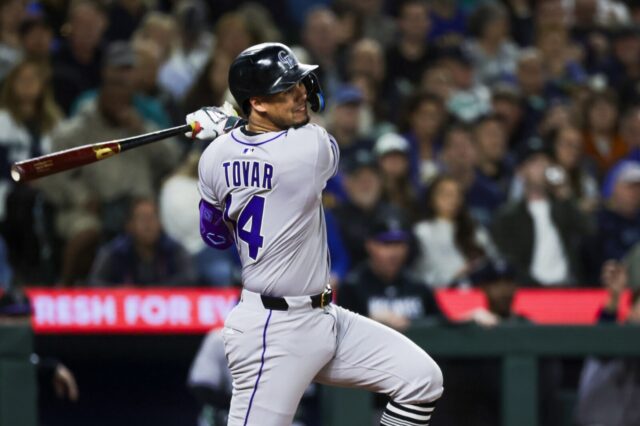Strike 1: There’s every chance that the Colorado Rockies front office and coaching staff will look almost exactly the same when the team starts spring training next February as it does right at this moment.
Yes, they could end up running it all back, regardless of this season’s results. That would mean Warren Schaeffer will very likely still be the manager, and Bill Schmidt will remain the general manager.
When Walker Monfort was announced as the new team president of the Rockies back on June 26, there was renewed hope that the Rockies might start to do some internal things differently – mainly by hiring a new baseball operations person ASAP to run the baseball side of the front office. That hope has waned as two months have passed, and now the smart money really should be on 2026 looking like a rerun of 2025, at least in terms of personnel.
Rockies followers can only hope that the on-field results improve anyway. By a lot.
And it could happen like this not because the Rockies ownership is stubborn or satisfied, but because they have longer term concerns. It really could be a year too soon for teams like Colorado to make major financial decisions, like giving a multi-year, big money contract to a big name veteran manager, for instance.
This would be a good time to remind everyone that after the end of the 2026 season, there’s about a 99% chance that there will be another Major League Baseball lockout. When the current Collective Bargaining Agreement between the team owners and the Major League Baseball Players Union expires at midnight on Dec. 1, 2026, the two sides will be at an impasse. Again.
It’s also a good time to remind everyone that Rockies owner Dick Monfort is very likely to be leading the owners in what will be contentious negotiations for a new CBA, just as he did back in the winter of 2021 when the current agreement was eventually hammered out. The two sides finally came to an agreement on March 10, 2022, after more than three months of rhetoric back and forth.
These two sides, with their matching sets of lawyers and negotiators, are not satisfied and still don’t trust each other. So expect another lockout this time around.
Monfort has been pretty clear about wanting MLB to implement a salary cap in the next agreement, something the sport has never had and something the players are adamantly dead set against. He will undoubtedly point to the vast discrepancy between the revenue and subsequent spending advantages available to his National League foe the Los Angeles Dodgers and what’s available to his team. That includes the fact that the Dodgers can and do spend freely (and smartly) using their long-term local media contracts to construct long-term high dollar player contracts, including some with hefty, deferred compensation.
These are tools and resources Monfort’s club doesn’t have. So he’s got a good point to make.
Regardless, Monfort won’t be successful in getting a salary cap. Half of the other team owners oppose a cap just like the players union does, so there’s not going to be a salary cap.
Nevertheless, when the ink finally does dry on a new CBA, likely in the spring of 2027, Monfort may get some concessions. That’s all TBD. But at least then he’ll know how titled the playing field will remain.
So it’s very possible that Dick Monfort is playing the long game right now. Why would he rush to make big money decisions – like creating a new, presumably high paying front office position for a baseball operations VP or something like that – without knowing what the financial structure of the game will look like starting in 2027?
What if, for instance, MLB revenue sharing is enhanced, possibly to include some form of more equitable disbursement of local TV and media rights revenue? That would mean the Rockies could suddenly be getting a much better payday from MLB, allowing them to go ahead and create that new front office post. But if things stay exactly as they are, and the revenue discrepancy between the big market teams and the small and mid-level ones is not addressed, then who knows if he’ll even want to stay in the game at that point?
There are too many financial questions with answers that are more than a year away. That means there’s every reason to not make any big money decisions or moves this upcoming offseason.
Running it back next season means the Rockies could lose 100 games for the fourth straight season in 2026. Or not. Perhaps the second half improvement on the field bodes well for at least a bit of a rebound next year? Maybe not. Either way, things are bound to look different on and off the field by 2027. So there’s that.





